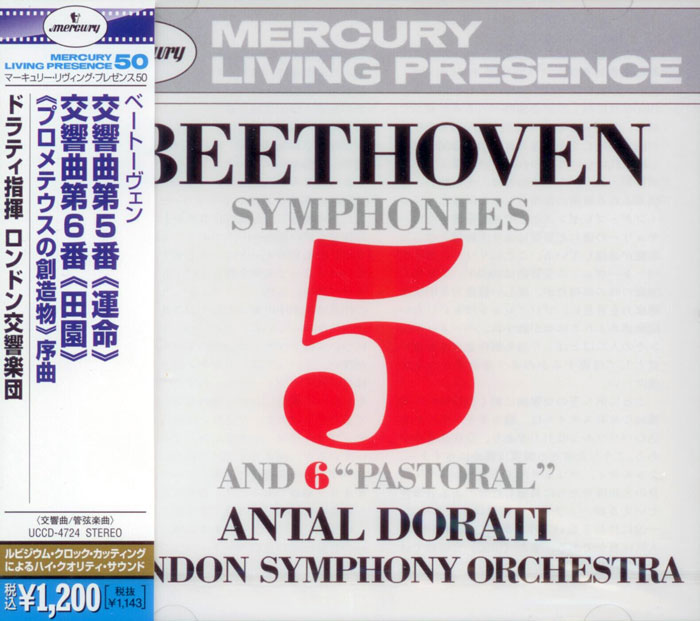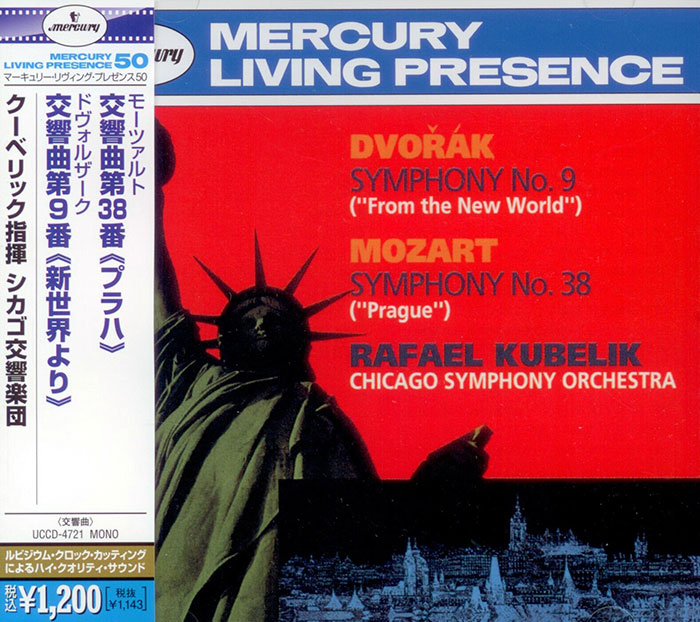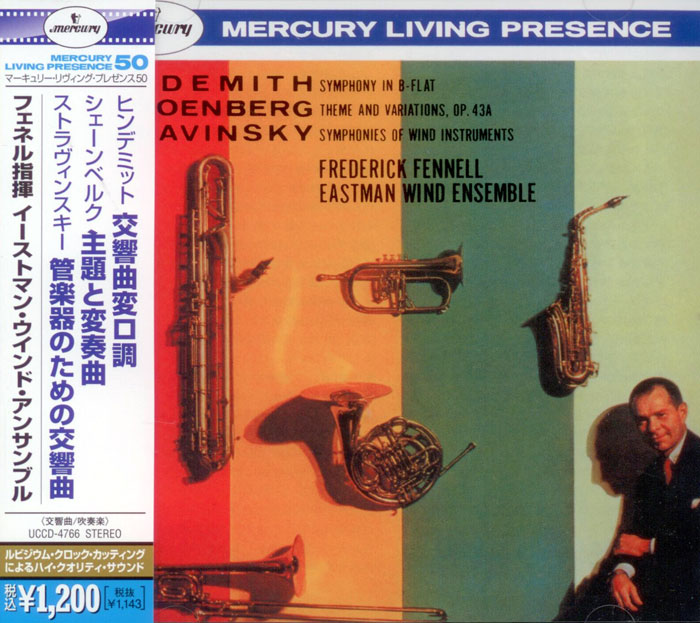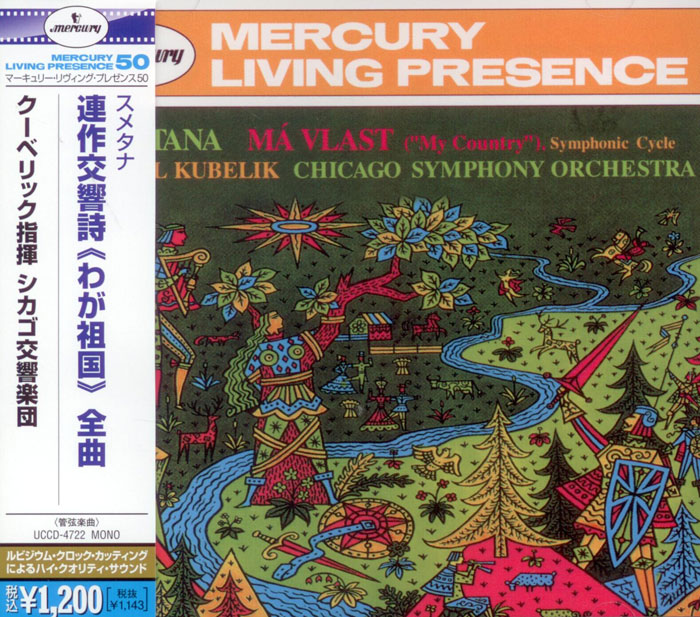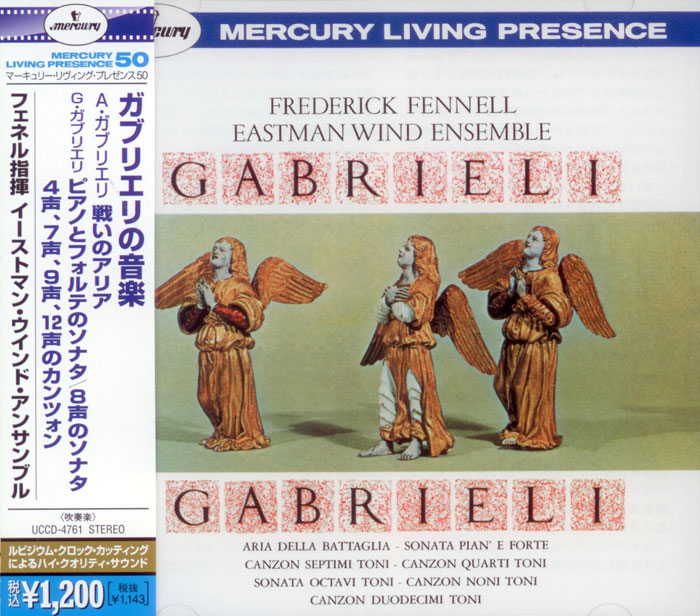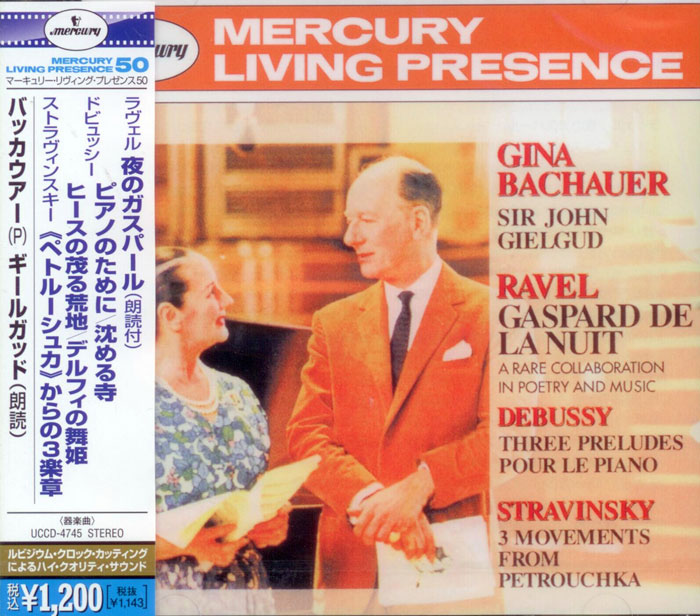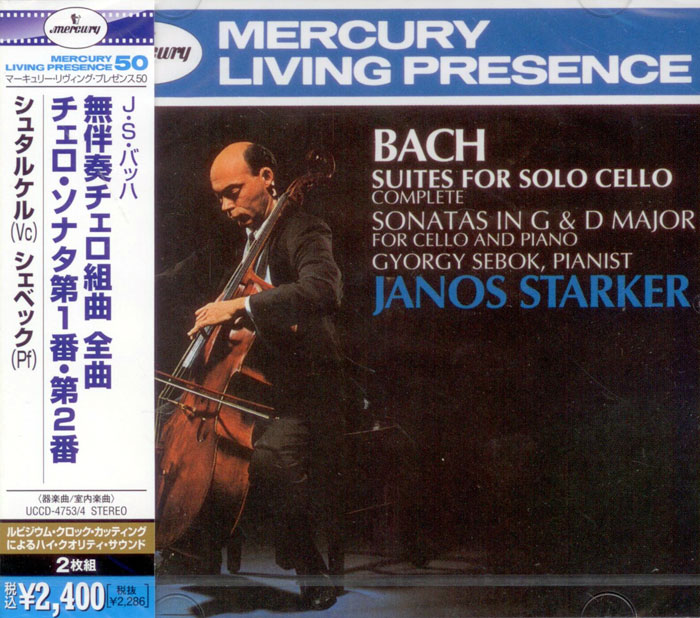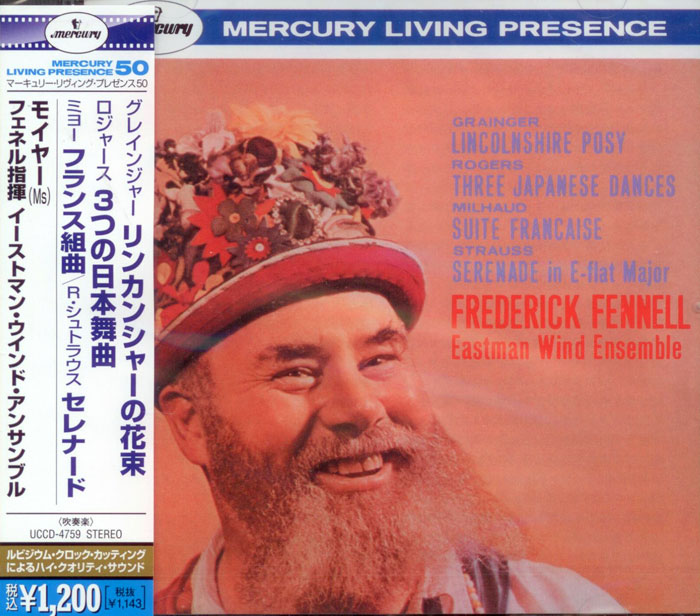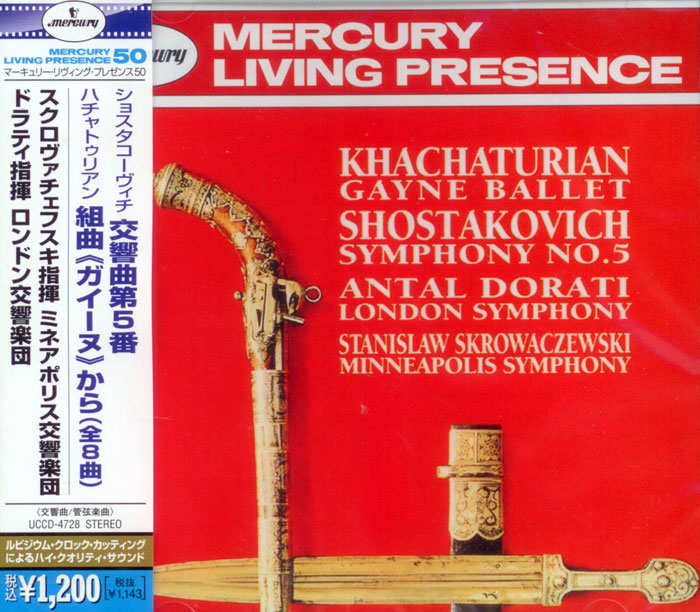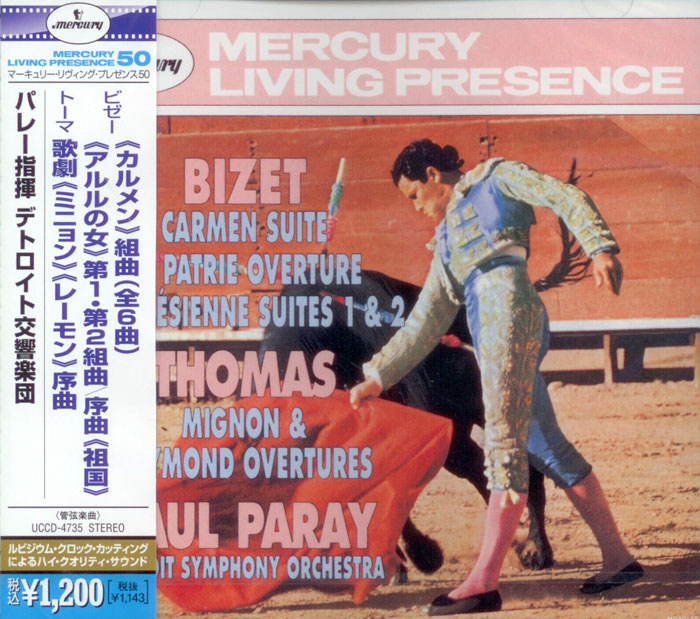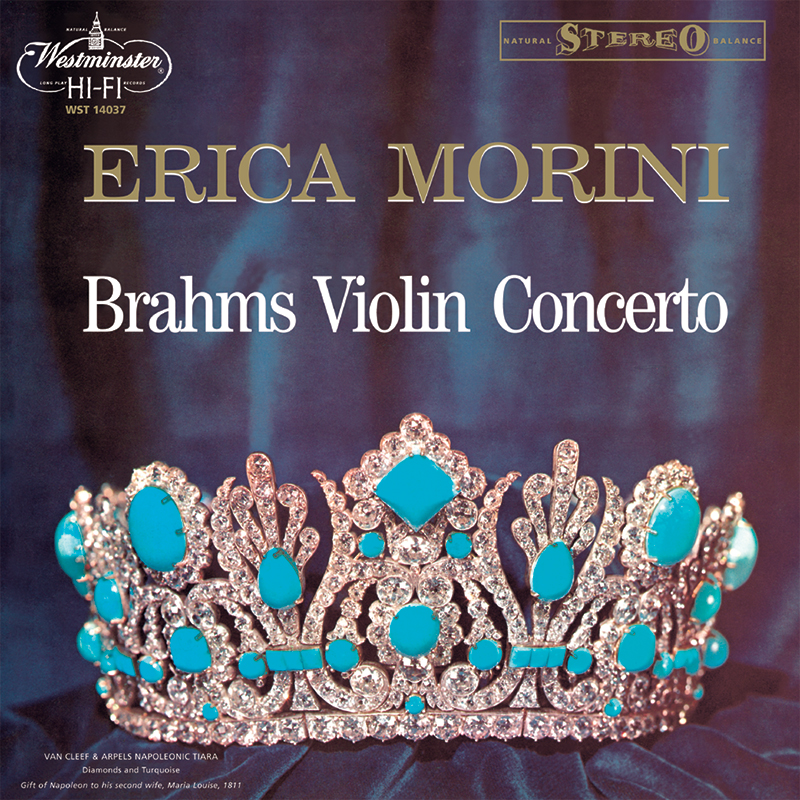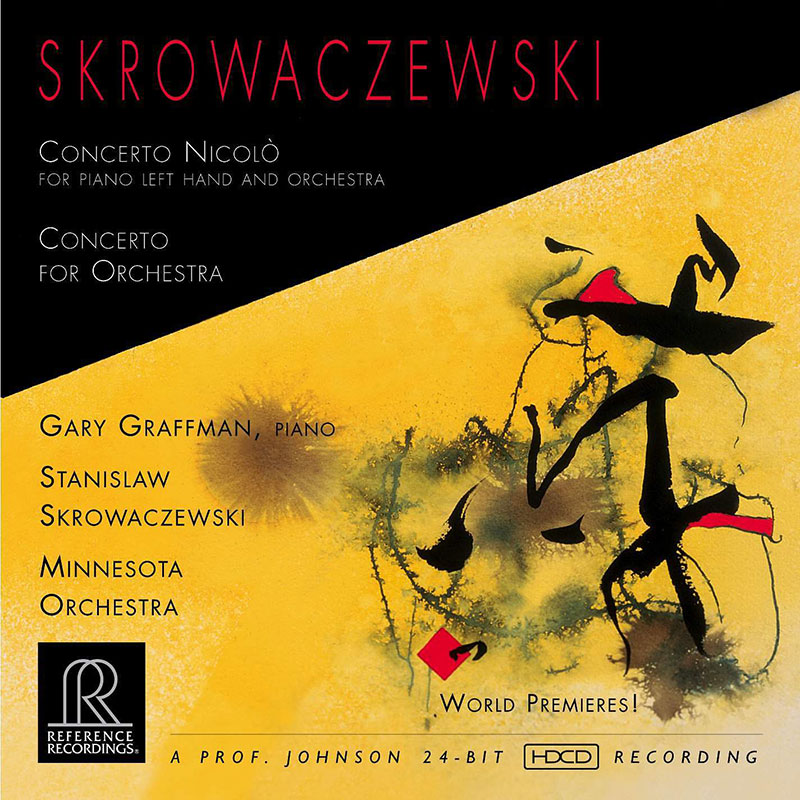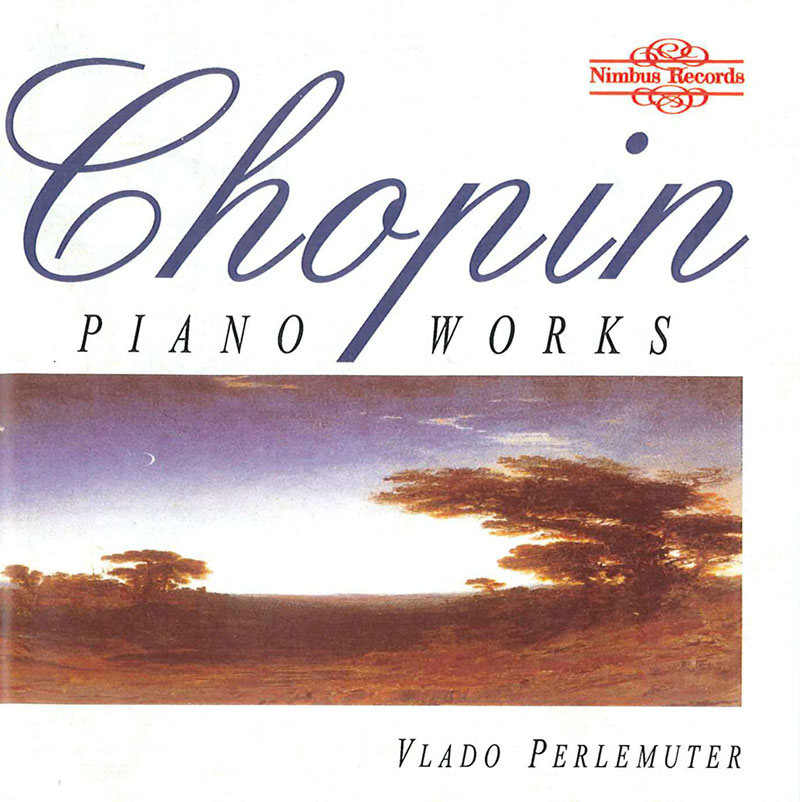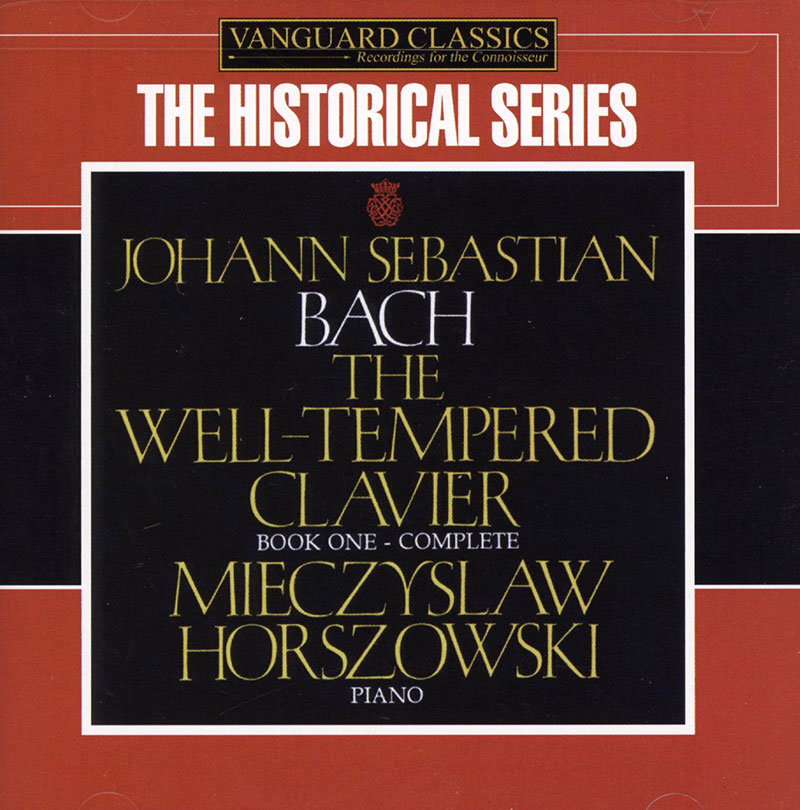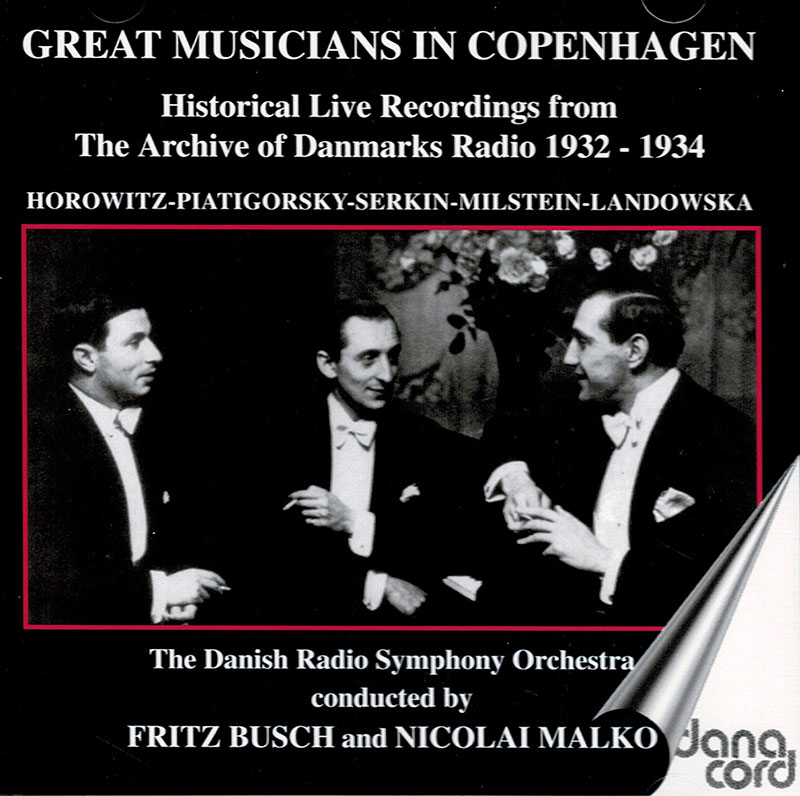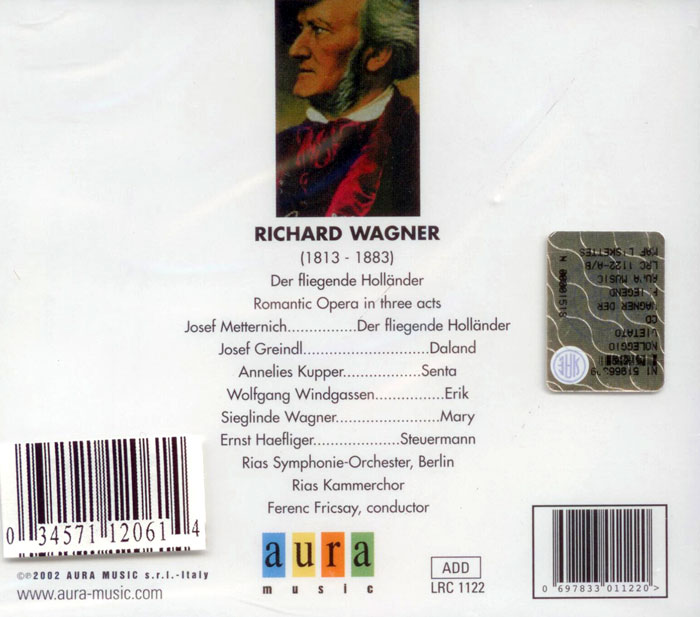Logowanie
Dlaczego wszystkjie inne nie brzmią tak jak te?
Chai Lang, Fan Tao, Broadcasting Chinese Orchestra
Illusive Butterfly
Butterly - motyl - to sekret i tajemnica muzyki chińskiej.
Brzmią jak sen na jawie
KHACHATURIAN, SHOSTAKOVICH, Antal Dorati, Stanislaw Skrowaczewski, The London Symphony Orchestra
Gayne / Symphony No. 5 in D minor, Op. 47
Stanisław Skrowaczewski,
Winylowy niezbędnik
ClearAudio
Cartridge Alignment Gauge - uniwersalny przyrząd do ustawiania geometrii wkładki i ramienia
Jedyny na rynku, tak wszechstronny i właściwy do każdego typu gramofonu!
ClearAudio
Harmo-nicer - nie tylko mata gramofonowa
Najlepsze rozwiązania leżą tuż obok
IDEALNA MATA ANTYPOŚLIZGOWA I ANTYWIBRACYJNA.
Osobowości
SKROWACZEWSKI, Stanislaw Skrowaczewski, Minnesota Orchestra
Concerto Nicolo for piano left hand and orchestra
WORLD PREMIERE!
WAGNER, Anneliese Kupper, Wolfgang Windgassen, Ferenc Fricsay, RIAS-Symphonie-Orchester Berlin, Ferenc Fricsay
Die fliegende Hollander
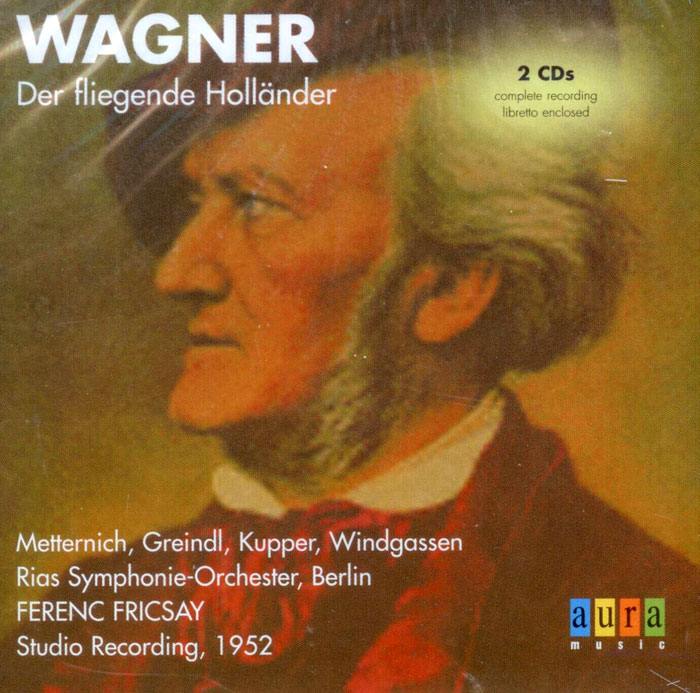
Anneliese Kupper (Soprano), Wolfgang Windgassen (Tenor), Sieglinde Wagner (Alto), Ernst Haefliger (Tenor), Josef Greindl (Bass), Josef Metternich (Bass Baritone) Ferenc Fricsay Studio Recording 1952 CRITIC REVIEWS: “Ferenc Fricsay's career lasted barely 20 years, but during that time, he became one of the most acclaimed conductors of his generation and left behind a body of recordings that are still admired. Fricsay studied at the Budapest Academy of Music under both Zoltán Kodály and Béla Bartók, whose music he later championed. His first conducting appointment came in 1936, in Szeged, where he remained until 1944. His début, conducting the Budapest Opera, was in 1939 and in 1945 he was appointed the company's music director, taking the parallel appointment with the Budapest Philharmonic. At the 1947 Salzburg Festival, when conductor Otto Klemperer was forced to withdraw from conducting the premiere of Gottfried Von Einem's opera DANTONS TOD, Fricsay stepped in, receiving international accolades for a sterling performance. The next year he conducted the world premiere of Frank Martin's ZAUBERTRANK, and the year after that Carl Orff's ANTIGONE. In 1948, Fricsay made his Berlin début with Verdi's DON CARLOS in a production that also featured the début of baritone Dietrich Fischer-Dieskau. Thereafter he served as a guest conductor throughout Europe, based in Berlin, where he served as music director of the Stadtische Oper and the American Sector Symphony Orchestra (RIAS), later renamed the Berlin Radio Symphony Orchestra. Fricsay was best known in Europe as an operatic conductor, acclaimed for his Mozart and Verdi, among other composers, but in America he made his début with the Boston Symphony Orchestra in 1953. He was conductor of the Houston Symphony Orchestra in 1954, but resigned after one season due to policy disagreements with the board of directors. In 1956, Fricsay became music director of the Bavarian State Opera and after two seasons, returned to Berlin to resume the music directorship of the Berlin Radio Symphony Orchestra. In 1961, Fricsay conducted a performance of Mozart's DON GIOVANNI to commemorate the re-opening of the Deutsche Oper. Fricsay's approach to conducting was influenced heavily by Toscanini, whose relationship with the NBC Symphony he used as a model for his own work with the Berlin Radio Symphony. He emphasized strict tempos and precise playing, with a close adherence to the score. As an operatic conductor, however, he was not afraid to challenge customs and conventions, both in his conception of a work and his way of realizing performances of striking vitality. Fricsay began developing serious health problems in the 1950s. The vivaciousness of his earlier performances was replaced by a more measured, reflective approach to music as his physical condition deteriorated, and by the end of the 1950s, when he would normally have been expected to be in his prime as a conductor and recording artist, his strength was beginning to fail him. When he died, Fricsay left behind a small, precious body of recordings. Fricsay had signed an exclusive contract with Deutsche Grammophon in 1948 and during the next decade or so, delivered a body of work heavy with award-winning recordings. Fricsay's remarkable textural clarity was captured on record with the help of his close understanding of recording techniques. Perhaps his most-acclaimed record was Mozart's THE MAGIC FLUTE, made in 1955 with Rita Streich, Maria Stader, Ernst Haefliger, and Dietrich Fischer-Dieskau, which remains a highly recommended performance. His recording of DON GIOVANNI from 1958 is also considered a definitive performance. He was also one of the most-acclaimed interpreters of Bartók, his reputation (and those of his recordings) rivalling that of Fritz Reiner, whose work with the composer is often cited as definitive.” - Bruce Eder, allmusic.com “The most important singer of the German Heldentenor repertory in the 1950s and 1960s, Wolfgang Windgassen employed his not-quite-heroic instrument, believable physique, and considerable musical intelligence to forge memorable performances on-stage and in the recording studio. The tenor made his début as Alvaro in LA FORZA DEL DESTINO at Pforzheim in 1941. In 1945, he joined the Württembergisches Staatstheater in Stuttgart, steadily moving from lyric rôles to more heroic parts; he remained a singer there until 1972. Upon making his début in the first postwar season at Bayreuth in 1951, he came to international attention. His Parsifal, growing from uncomprehending innocence to maturity and service, was a moving portrayal and was recorded live by Decca Records. Windgassen became indispensable at the Bayreuth Festival, excelling as Lohengrin, the two Siegfrieds, Tannhäuser, and Tristan. There, he earned the respect and devotion of the three leading dramatic sopranos of the age: Martha Mödl, Astrid Varnay, and Birgit Nilsson. Elsewhere, Windgassen made positive impressions at La Scala (where he débuted as Florestan in 1952), Paris (Parsifal in 1954), and Covent Garden, where he appeared as Tristan in 1954. Although regarded by English critics as somewhat light of voice for Wagner's heaviest tenor rôles, his lyric expression and dramatic aptness were wholly admired. The Metropolitan Opera briefly heard him as Siegmund beginning in January 1957 and as Siegfried. Windgassen did not return to America until 1970, when he sang Tristan to the Isolde of Nilsson at San Francisco. Beginning that same year, he turned to stage direction. Among Windgassen's finest recordings are his Bayreuth PARSIFAL, captured with a superb cast under Knappertsbusch's direction, his 1954 Bayreuth LOHENGRIN under Jochum, his SIEGFRIEDs under both Böhm at Bayreuth and in the studio with Solti, and his Bayreuth TRISTAN with Böhm conducting and Nilsson as his Isolde.” - Erik Eriksson, allmusic.com “Josef Greindl was considered as one of the greatest Wagner singers of his time. He had a powerfully expressive bass voice, whose clarity of declamation exhibited his stylistic projecting ability. Josef Greindl was equally convincing in dramatic and Buffo rôles. He also excelled in concert singing.” - Aryeh Oron “From 1940 until his retirement in 1971, [Metternich] was one of the leading German baritones, singing in most of the major opera houses around the world….His was a massive voice of dark power, not rich and smooth, but with an intensity and grittiness that added much to his characterizations.” - Charles H. Parsons, AMERICAN RECORD GUIDE, Nov./Dec., 2008 "Metternich’s rich, dark voice, extraordinary breath control, and fine musicianship was coupled with an incisiveness of text projection and a sensitivity of characterization in an outpouring of luxurious sound….In an era when German baritones were expected to sing only German opera, Joseph Metternich made an international career…specializing in the dramatic baritone roles of Italian opera." - Charles H. Parsons, AMERICAN RECORD GUIDE, May/June, 2006






